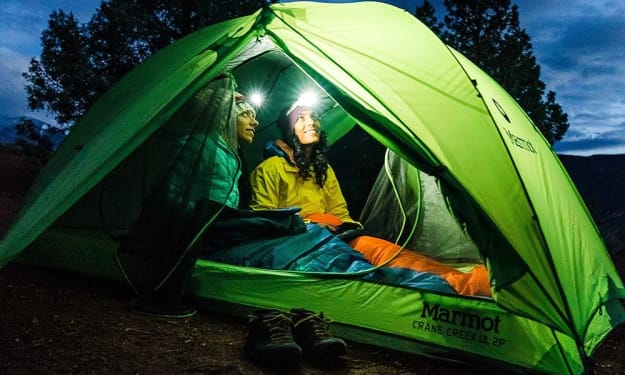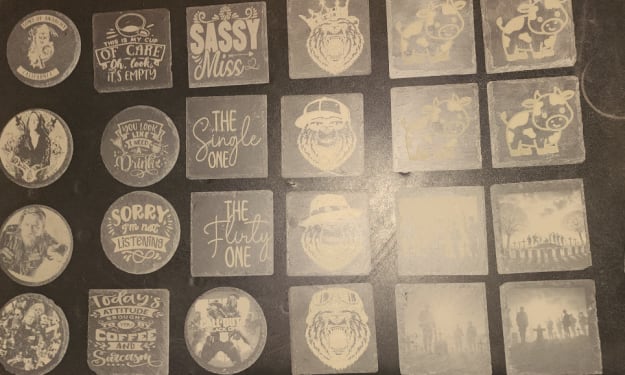Our Native American Brothers and Sisters
The Dark History of Boarding Schools

The era of Native American boarding schools represents a dark period in American history, characterized by the policy of assimilation. The goal was to eradicate all aspects of native culture. The infamous motto was to 'kill the Indian and save the man'. Native children made desperate attempts to flee from these institutions, often left confused about their own identities. They were forced to conform to Anglo standards (British led) and others coming from Mainland Europe, with their hair long dark cut especially the young females which goes against their native customs and beliefs, and traditional clothing such as animal skin, fiber, and woven cotton was replaced by unknown European military-style uniforms. The impact of European explorers on Native American life was profound, ill, and unwelcome by far and large, leading to a shift in governance and cultural practices which were vanishing by every passing week. Richard Henry Pratt's assimilation ideology paved the way for the establishment of harsh Indian boarding schools, such as Carlisle in Pennsylvania, Haskell in Kansas, and Sherman in California.
These schools enforced strict discipline, including confinement rooms as compared to their outward and open environment lifestyle and physical punishment, resulting in the abuse and mistreatment of Native American children which they had never seen before. Numerous Native American children experienced sexual and emotional abuse at these institutions, and the staff often found themselves socially isolated. The primary goal of the boarding schools was to assimilate and eradicate Native American culture, but they inadvertently strengthened intertribal relationships and culture. The punishment at these schools was severe, including kneeling and harsh discipline for errors. The emotional impact was profound, leading to feelings of sadness, abandonment, and longing for family as persons of those schools lost their nativity, and rubbed off their native ideas and survival and inner dignity. Students at the Phoenix Indian School faced significant challenges and continue to be affected by their experiences. Despite facing frostbite that resulted in three boys losing their legs, they persevered in their education and lives. Many students have shared their traumatic experiences, underscoring the enduring impact of their time at the boarding school. The Intermountain Indian School, which operated from 1950 to 1984, served the Intermountain West and was housed in a converted World War II military hospital. Numerous Navajo students were transported from their homes in Arizona and now Southern Utah and some even met their future spouses at the school. Amanda Blackhorse has spoken about the ongoing effects and destruction of the Indigenous family system caused by boarding schools now making them strangers to their customers and losing boundaries and paths to their land, minerals, and also waterways. The Civil Rights era in the 1960s and the Indian Civil Rights Act in 1968 brought attention to Native American issues, shedding light on the evolution and impact of boarding schools on Native Americans.
Boarding schools have evolved from promoting assimilation to celebrating and nurturing Native American culture. At the Santa Fe Indian School, students are encouraged to embrace their Navajo language, culture, and history, fostering deep connections and self-discovery. The school also educates others about Native American history and challenges stereotypes and negative representations in the media. Native Americans have shown patriotism and resilience, overcoming challenges such as low self-esteem, poverty, drug abuse, and mental health issues. Despite these obstacles, some individuals have achieved international success in sports, bringing hope and pride to their communities. Education plays a crucial role in promoting democracy, as emphasized by Thomas Jefferson. The past serves as a poignant reminder to cherish and protect our children, honoring those who have suffered far from home
About the Creator
Isaac Ekow Anyidoho
A calm person with a cascading mind filled with ideas of my own and know that; I can make a difference with the support of people like you. Thank you.
Enjoyed the story? Support the Creator.
Subscribe for free to receive all their stories in your feed.





Comments
There are no comments for this story
Be the first to respond and start the conversation.